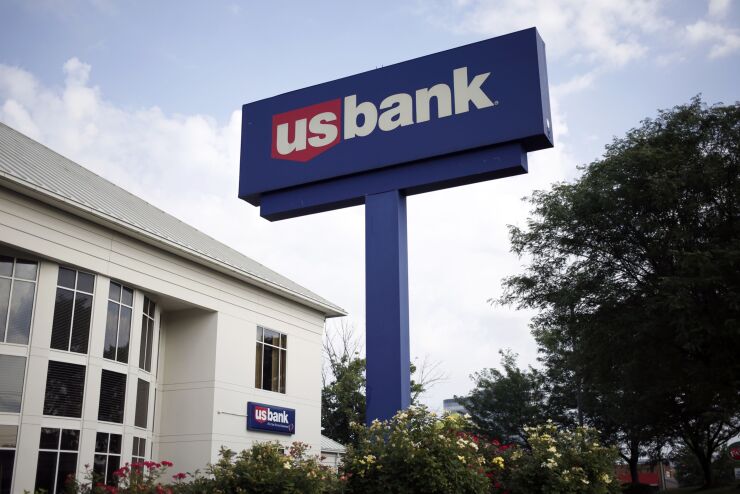U.S. Bancorp on Friday said it will pledge $116 million across its footprint this year to address long-standing social and economic inequities in the markets it serves and broaden opportunities for people of color.
The nation’s fifth-largest bank — whose hometown of Minneapolis became the epicenter of civil unrest following the May 25 death of George Floyd at the hands of police — said it will provide $100 million in additional capital to African American owned and operated businesses and organizations; create a $15 million fund through the U.S. Bank Foundation that provide grants to ease systemic economic and racial inequities in small business, affordable housing and workplace development for people of color nationwide; and give $1 million toward the launch of a community development financial institutions partnership program to award grants and commercial loans to organizations.

“George Floyd’s life had meaning and purpose,” U.S. Bancorp Chairman and CEO Andy Cecere said in a news release. “We need to do what we can to give the heartbreak that has followed meaning and purpose as well. If we are truly going to draw strength from diversity, we have to do better. We have to create opportunities that bridge gaps, that generate economic prosperity and that allow people to achieve their potential.”
Earlier this week, the bank's chief diversity officer, Greg Cunningham,
The $543 billion-asset U.S. Bancorp is the second major bank this week to announce a financial commitment to help U.S. communities deal with economic and racial inequality. On Tuesday, Bank of America
U.S. Bancorp’s investment is multipronged. The bank also said it will double the number of partnerships with African American suppliers over the next 12 months and undertake a “refined talent management strategy” that aims to promote more people of color to leadership positions, raise awareness of racial issues among its workforce and encourage more community engagement.
It plans to add $1 million to its employee assistance fund, gives workers eight additional hours of paid time off to volunteer in recovery efforts in their communities over the next two months and expands access to the bank’s matching gift program.
It will also rebuild three branches in Minneapolis that were extensively damaged during a series of protests in the city and make repairs to other damaged sites in its network.
“We chose to serve these communities and we will not turn our backs or abandon the neighborhoods where so many are hurting right now,” Cecere said. “We will continue to provide jobs, banking services and financial education in the areas that have been traumatized during the past week.”





